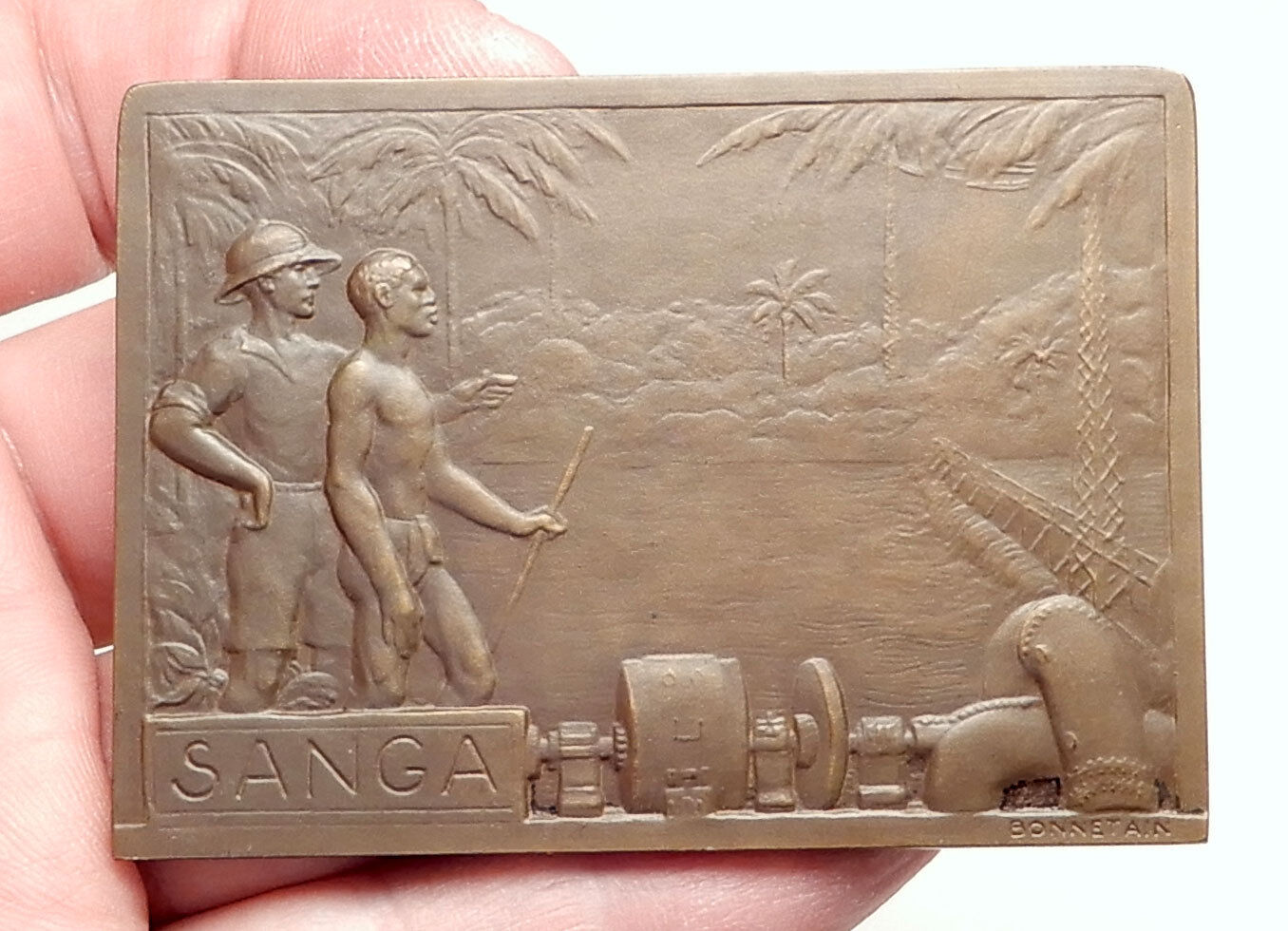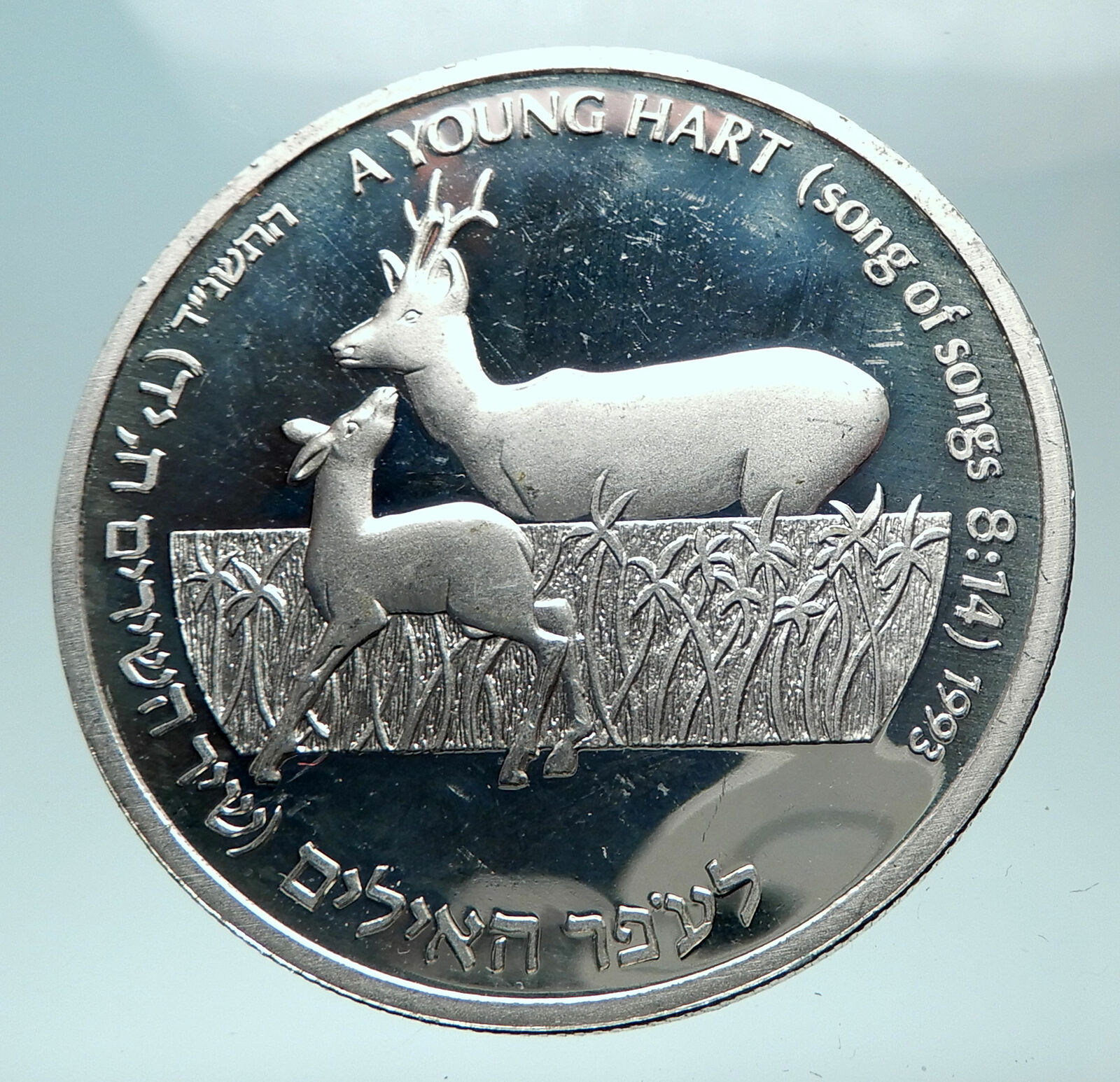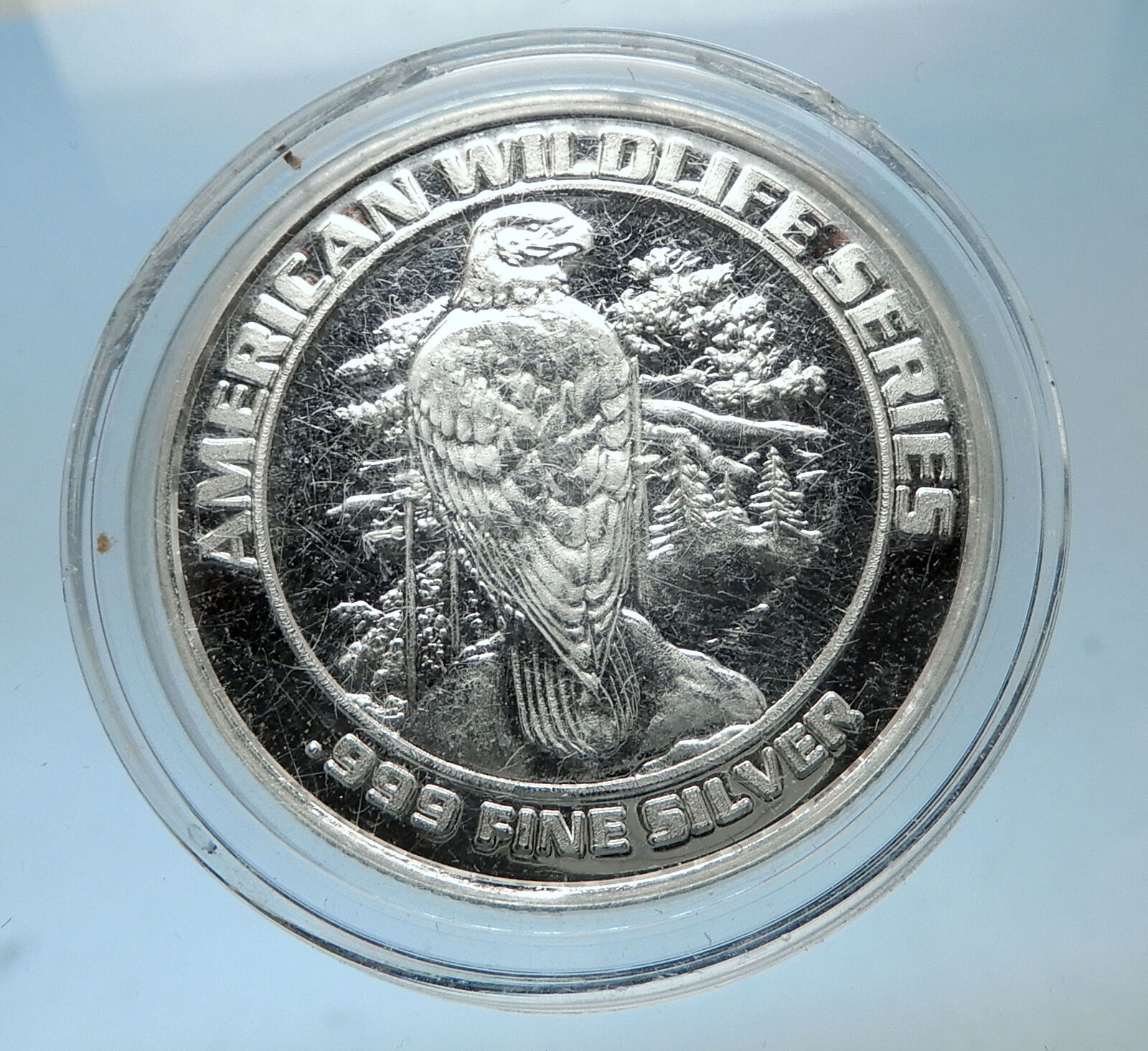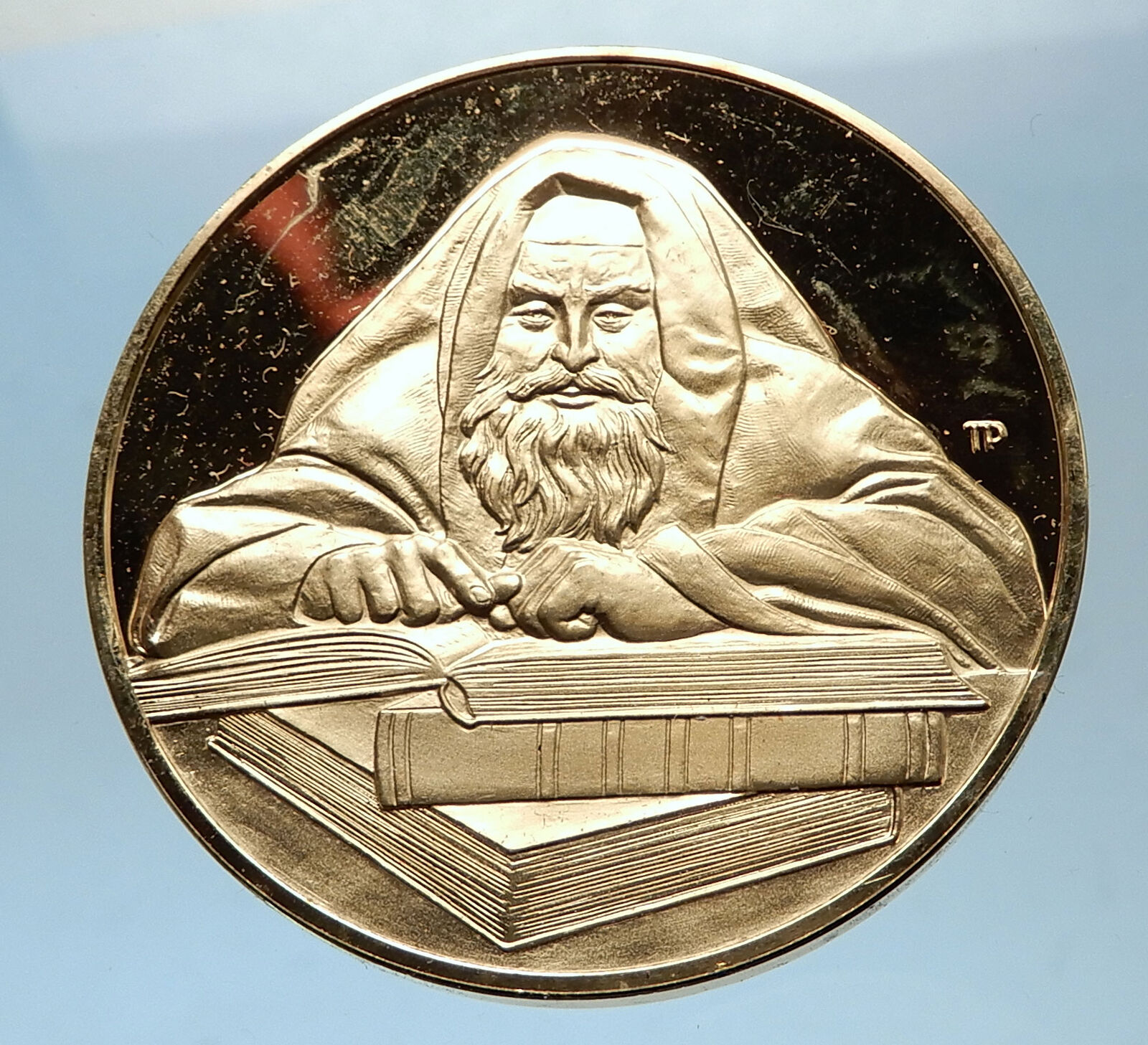|
Turkey
Mevlâna Celâleddin-i Rumi
2002 Silver 10 Million Lira 60mm (31.47 grams) 0.925 Silver
TÜRKİYE CUMHURİYETİ 10.000.000 LIRA 2002, Wreath.
GÖNÜLLER SULTANI 1207 ❀ MELVÂNA CELÂLEDDİN-İ RUMİ ❀ 1273, Mevlâna Celâleddin-i Rumi
You are bidding on the exact item pictured, provided with a Certificate of Authenticity and Lifetime Guarantee of Authenticity.
 Jalāl ad-Dīn Muhammad Rūmī (Persian: جلالالدین محمد رومی), also known as Jalāl ad-Dīn Muhammad Balkhī (جلالالدین محمد بلخى), Mevlânâ/Mawlānā (مولانا, “our master”), Mevlevî/Mawlawī (مولوی, “my master”), and more popularly simply as Rumi (30 September 1207 – 17 December 1273), was a 13th-century Persian poet, faqih, Islamic scholar, theologian, and Sufi mystic originally from Greater Khorasan. Rumi’s influence transcends national borders and ethnic divisions: Iranians, Tajiks, Turks, Greeks, Pashtuns, other Central Asian Muslims, and the Muslims of the Indian subcontinent have greatly appreciated his spiritual legacy for the past seven centuries. His poems have been widely translated into many of the world’s languages and transposed into various formats. Rumi has been described as the “most popular poet” and the “best selling poet” in the United States. Jalāl ad-Dīn Muhammad Rūmī (Persian: جلالالدین محمد رومی), also known as Jalāl ad-Dīn Muhammad Balkhī (جلالالدین محمد بلخى), Mevlânâ/Mawlānā (مولانا, “our master”), Mevlevî/Mawlawī (مولوی, “my master”), and more popularly simply as Rumi (30 September 1207 – 17 December 1273), was a 13th-century Persian poet, faqih, Islamic scholar, theologian, and Sufi mystic originally from Greater Khorasan. Rumi’s influence transcends national borders and ethnic divisions: Iranians, Tajiks, Turks, Greeks, Pashtuns, other Central Asian Muslims, and the Muslims of the Indian subcontinent have greatly appreciated his spiritual legacy for the past seven centuries. His poems have been widely translated into many of the world’s languages and transposed into various formats. Rumi has been described as the “most popular poet” and the “best selling poet” in the United States.
Rumi’s works are written mostly in Persian, but occasionally he also used Turkish, Arabic, and Greek in his verse. His Masnavi (Mathnawi), composed in Konya, is considered one of the greatest poems of the Persian language. His works are widely read today in their original language across Greater Iran and the Persian-speaking world. Translations of his works are very popular, most notably in Turkey, Azerbaijan, the United States, and South Asia. His poetry has influenced not only Persian literature, but also the literary traditions of the Ottoman Turkish, Chagatai, Urdu and Pashto languages.
 Turkey, officially the Republic of Turkey (Turkish: Türkiye Cumhuriyeti (help·info); pronounced [ˈtyɾcije d͡ʒumˈhuɾijeti]), is a transcontinental country in Eurasia, mainly in Anatolia in Western Asia, with a smaller portion on the Balkan peninsula in Southeast Europe. Turkey is bordered by eight countries with Greece and Bulgaria to the northwest; Georgia to the northeast; Armenia, the Azerbaijani exclave of Nakhchivan and Iran to the east; and Iraq and Syria to the south. The country is encircled by seas on three sides with the Aegean Sea to the west, the Black Sea to the north, and the Mediterranean Sea to the south. The Bosphorus, the Sea of Marmara, and the Dardanelles, which together form the Turkish Straits, divide Thrace and Anatolia and separate Europe and Asia. Ankara is the capital while Istanbul is the country’s largest city and main cultural and commercial centre. Approximately 70-80% of the country’s citizens identify themselves as ethnic Turks. Kurds are the largest minority at about 20% of the population, and other ethnic minorities include Circassians, Albanians, Arabs, Bosniaks and Laz. Minority languages spoken today in Turkey include Kurmanji, Arabic, Zaza, Kabardian and several others. Turkey, officially the Republic of Turkey (Turkish: Türkiye Cumhuriyeti (help·info); pronounced [ˈtyɾcije d͡ʒumˈhuɾijeti]), is a transcontinental country in Eurasia, mainly in Anatolia in Western Asia, with a smaller portion on the Balkan peninsula in Southeast Europe. Turkey is bordered by eight countries with Greece and Bulgaria to the northwest; Georgia to the northeast; Armenia, the Azerbaijani exclave of Nakhchivan and Iran to the east; and Iraq and Syria to the south. The country is encircled by seas on three sides with the Aegean Sea to the west, the Black Sea to the north, and the Mediterranean Sea to the south. The Bosphorus, the Sea of Marmara, and the Dardanelles, which together form the Turkish Straits, divide Thrace and Anatolia and separate Europe and Asia. Ankara is the capital while Istanbul is the country’s largest city and main cultural and commercial centre. Approximately 70-80% of the country’s citizens identify themselves as ethnic Turks. Kurds are the largest minority at about 20% of the population, and other ethnic minorities include Circassians, Albanians, Arabs, Bosniaks and Laz. Minority languages spoken today in Turkey include Kurmanji, Arabic, Zaza, Kabardian and several others.
The area of Turkey has been inhabited since the Paleolithic age by various ancient Anatolian civilisations, as well as Assyrians, Greeks, Thracians, Phrygians, Urartians and Armenians. After Alexander the Great conquered these lands, the area was Hellenized, a process which continued under the Roman Empire and its transition into the Byzantine Empire. The Seljuk Turks began migrating into the area in the 11th century, and their victory over the Byzantines at the Battle of Manzikert in 1071 symbolizes the start of Turkification in Anatolia. The Seljuk Sultanate of Rûm ruled Anatolia until the Mongol invasion in 1243, when it disintegrated into small Turkish beyliks.
.svg/250px-Turkey_(orthographic_projection).svg.png) From the end of the 13th century the Ottomans started uniting Turkish principalities in Anatolia and then went on to create an empire that encompassed much of Southeast Europe, West Asia and North Africa. The Ottoman Empire became a world power beginning with the reign of Suleiman the Magnificent in the early modern period. It remained powerful and influential for two more centuries, until important setbacks in the 18th and 19th century forced it to cede strategic territories in Europe, which signalled the loss of its former military strength and wealth. After the 1913 Ottoman coup d’état, which effectively put the country under the control of the Three Pashas, the Ottoman Empire decided to join the Central Powers during World War I. During the war, the Ottoman government committed genocides against its Armenian, Assyrian and Pontic Greek subjects. Following the war, the conglomeration of territories and peoples that formerly comprised the Ottoman Empire was partitioned into several new states. The Turkish War of Independence, initiated by Mustafa Kemal Atatürk and his colleagues against occupying Allies, resulted in the abolition of monarchy in 1922 and the establishment of the Republic of Turkey in 1923, with Atatürk as its first president. Atatürk enacted numerous reforms, many of which incorporated various aspects of western thought, philosophy, and customs into the new form of Turkish government. From the end of the 13th century the Ottomans started uniting Turkish principalities in Anatolia and then went on to create an empire that encompassed much of Southeast Europe, West Asia and North Africa. The Ottoman Empire became a world power beginning with the reign of Suleiman the Magnificent in the early modern period. It remained powerful and influential for two more centuries, until important setbacks in the 18th and 19th century forced it to cede strategic territories in Europe, which signalled the loss of its former military strength and wealth. After the 1913 Ottoman coup d’état, which effectively put the country under the control of the Three Pashas, the Ottoman Empire decided to join the Central Powers during World War I. During the war, the Ottoman government committed genocides against its Armenian, Assyrian and Pontic Greek subjects. Following the war, the conglomeration of territories and peoples that formerly comprised the Ottoman Empire was partitioned into several new states. The Turkish War of Independence, initiated by Mustafa Kemal Atatürk and his colleagues against occupying Allies, resulted in the abolition of monarchy in 1922 and the establishment of the Republic of Turkey in 1923, with Atatürk as its first president. Atatürk enacted numerous reforms, many of which incorporated various aspects of western thought, philosophy, and customs into the new form of Turkish government.
Turkey is a charter member of the UN, an early member of NATO, the IMF and the World Bank, and a founding member of the OECD, OSCE, BSEC, OIC and G-20. After becoming one of the first members of the Council of Europe in 1949, Turkey became an associate member of the EEC in 1963, joined the EU Customs Union in 1995 and started accession negotiations with the European Union in 2005 which have been effectively stopped by the EU in 2017 due to “Turkey’s path toward autocratic rule”. Turkey’s economy and diplomatic initiatives led to its recognition as a regional power while its location has given it geopolitical and strategic importance throughout history.
Turkey is a secular, unitary, parliamentary republic; slated to transition to a presidential system in 2019, following a 2017 referendum. However, Turkey’s current administration headed by president Tayyip Erdoğan of the AKP has enacted measures to increase the influence of Islam, reversed and undermined secularist policies, and has reversed earlier reforms such as Freedom of the Press.
|





 Jalāl ad-Dīn Muhammad Rūmī (Persian: جلالالدین محمد رومی), also known as Jalāl ad-Dīn Muhammad Balkhī (جلالالدین محمد بلخى), Mevlânâ/Mawlānā (مولانا, “our master”), Mevlevî/Mawlawī (مولوی, “my master”), and more popularly simply as Rumi (30 September 1207 – 17 December 1273), was a 13th-century Persian poet, faqih, Islamic scholar, theologian, and Sufi mystic originally from Greater Khorasan. Rumi’s influence transcends national borders and ethnic divisions: Iranians, Tajiks, Turks, Greeks, Pashtuns, other Central Asian Muslims, and the Muslims of the Indian subcontinent have greatly appreciated his spiritual legacy for the past seven centuries. His poems have been widely translated into many of the world’s languages and transposed into various formats. Rumi has been described as the “most popular poet” and the “best selling poet” in the United States.
Jalāl ad-Dīn Muhammad Rūmī (Persian: جلالالدین محمد رومی), also known as Jalāl ad-Dīn Muhammad Balkhī (جلالالدین محمد بلخى), Mevlânâ/Mawlānā (مولانا, “our master”), Mevlevî/Mawlawī (مولوی, “my master”), and more popularly simply as Rumi (30 September 1207 – 17 December 1273), was a 13th-century Persian poet, faqih, Islamic scholar, theologian, and Sufi mystic originally from Greater Khorasan. Rumi’s influence transcends national borders and ethnic divisions: Iranians, Tajiks, Turks, Greeks, Pashtuns, other Central Asian Muslims, and the Muslims of the Indian subcontinent have greatly appreciated his spiritual legacy for the past seven centuries. His poems have been widely translated into many of the world’s languages and transposed into various formats. Rumi has been described as the “most popular poet” and the “best selling poet” in the United States. Turkey, officially the Republic of Turkey (Turkish: Türkiye Cumhuriyeti (help·info); pronounced [ˈtyɾcije d͡ʒumˈhuɾijeti]), is a transcontinental country in Eurasia, mainly in Anatolia in Western Asia, with a smaller portion on the Balkan peninsula in Southeast Europe. Turkey is bordered by eight countries with Greece and Bulgaria to the northwest; Georgia to the northeast; Armenia, the Azerbaijani exclave of Nakhchivan and Iran to the east; and Iraq and Syria to the south. The country is encircled by seas on three sides with the Aegean Sea to the west, the Black Sea to the north, and the Mediterranean Sea to the south. The Bosphorus, the Sea of Marmara, and the Dardanelles, which together form the Turkish Straits, divide Thrace and Anatolia and separate Europe and Asia. Ankara is the capital while Istanbul is the country’s largest city and main cultural and commercial centre. Approximately 70-80% of the country’s citizens identify themselves as ethnic Turks. Kurds are the largest minority at about 20% of the population, and other ethnic minorities include Circassians, Albanians, Arabs, Bosniaks and Laz. Minority languages spoken today in Turkey include Kurmanji, Arabic, Zaza, Kabardian and several others.
Turkey, officially the Republic of Turkey (Turkish: Türkiye Cumhuriyeti (help·info); pronounced [ˈtyɾcije d͡ʒumˈhuɾijeti]), is a transcontinental country in Eurasia, mainly in Anatolia in Western Asia, with a smaller portion on the Balkan peninsula in Southeast Europe. Turkey is bordered by eight countries with Greece and Bulgaria to the northwest; Georgia to the northeast; Armenia, the Azerbaijani exclave of Nakhchivan and Iran to the east; and Iraq and Syria to the south. The country is encircled by seas on three sides with the Aegean Sea to the west, the Black Sea to the north, and the Mediterranean Sea to the south. The Bosphorus, the Sea of Marmara, and the Dardanelles, which together form the Turkish Straits, divide Thrace and Anatolia and separate Europe and Asia. Ankara is the capital while Istanbul is the country’s largest city and main cultural and commercial centre. Approximately 70-80% of the country’s citizens identify themselves as ethnic Turks. Kurds are the largest minority at about 20% of the population, and other ethnic minorities include Circassians, Albanians, Arabs, Bosniaks and Laz. Minority languages spoken today in Turkey include Kurmanji, Arabic, Zaza, Kabardian and several others..svg/250px-Turkey_(orthographic_projection).svg.png) From the end of the 13th century the Ottomans started uniting Turkish principalities in Anatolia and then went on to create an empire that encompassed much of Southeast Europe, West Asia and North Africa. The Ottoman Empire became a world power beginning with the reign of Suleiman the Magnificent in the early modern period. It remained powerful and influential for two more centuries, until important setbacks in the 18th and 19th century forced it to cede strategic territories in Europe, which signalled the loss of its former military strength and wealth. After the 1913 Ottoman coup d’état, which effectively put the country under the control of the Three Pashas, the Ottoman Empire decided to join the Central Powers during World War I. During the war, the Ottoman government committed genocides against its Armenian, Assyrian and Pontic Greek subjects. Following the war, the conglomeration of territories and peoples that formerly comprised the Ottoman Empire was partitioned into several new states. The Turkish War of Independence, initiated by Mustafa Kemal Atatürk and his colleagues against occupying Allies, resulted in the abolition of monarchy in 1922 and the establishment of the Republic of Turkey in 1923, with Atatürk as its first president. Atatürk enacted numerous reforms, many of which incorporated various aspects of western thought, philosophy, and customs into the new form of Turkish government.
From the end of the 13th century the Ottomans started uniting Turkish principalities in Anatolia and then went on to create an empire that encompassed much of Southeast Europe, West Asia and North Africa. The Ottoman Empire became a world power beginning with the reign of Suleiman the Magnificent in the early modern period. It remained powerful and influential for two more centuries, until important setbacks in the 18th and 19th century forced it to cede strategic territories in Europe, which signalled the loss of its former military strength and wealth. After the 1913 Ottoman coup d’état, which effectively put the country under the control of the Three Pashas, the Ottoman Empire decided to join the Central Powers during World War I. During the war, the Ottoman government committed genocides against its Armenian, Assyrian and Pontic Greek subjects. Following the war, the conglomeration of territories and peoples that formerly comprised the Ottoman Empire was partitioned into several new states. The Turkish War of Independence, initiated by Mustafa Kemal Atatürk and his colleagues against occupying Allies, resulted in the abolition of monarchy in 1922 and the establishment of the Republic of Turkey in 1923, with Atatürk as its first president. Atatürk enacted numerous reforms, many of which incorporated various aspects of western thought, philosophy, and customs into the new form of Turkish government.




